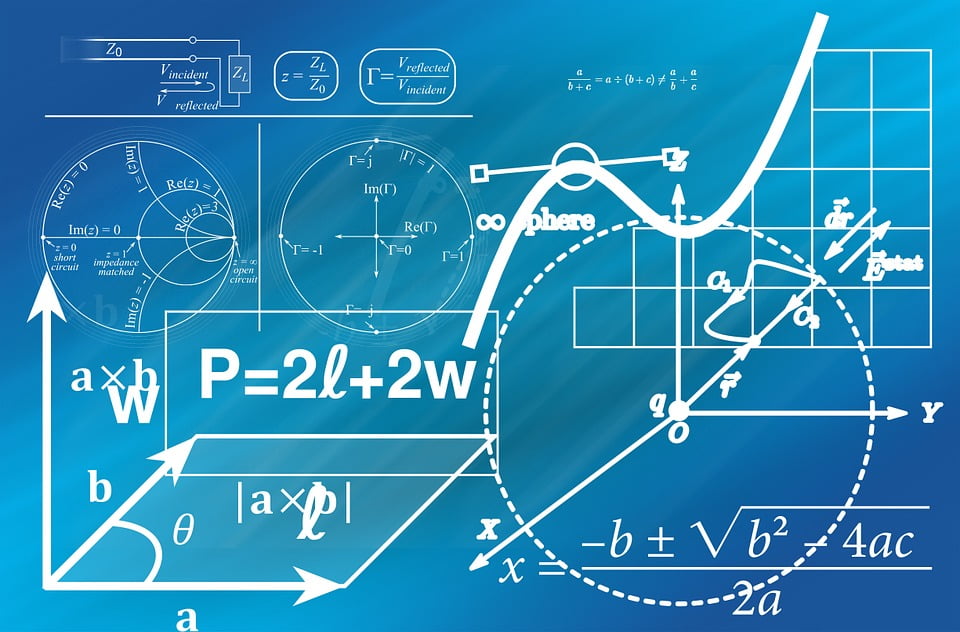
Education is the path to a bright future, and the teachers who educate have the power to influence the future of their students. Psychology is the study of mental illness, behaviour, and experiences. Both education and mental health, are equally important. Coincidentally, education and psychology are interrelated. The fact that school teachers should and do possess a basic understanding of human development, learning processes and memory has transformed present-day education in the classroom. These days, it is very essential for a teacher to teach his/her students according to their mental abilities.
One of the branches of psychology termed ‘Educational Psychology’, is an asset for educators and students to experience learning with full potential. Educational Psychologists provide advice to teachers or staff to develop skills for supporting children with specific needs. Thus, apart from learning resources, students have teachers who are patient, understanding and knowledgeable about certain issues that students might face.
Psychology plays a vital role in many academic subjects like Mathematics and Science. This might appear surprising, but in Mathematics, the ‘theory of numbers’ was strongly influenced by Jean Piaget’s research on child development. Jean Piaget was an influential psychologist in developmental psychology (a sub-field of psychology that chronicles the psychology of an individual as they grow from a toddler to an adolescent to an adult). Here, the general ‘assumption’ was that since the child’s ability to understand numbers is limited by their general cognitive maturation, it results in shaping the educational approaches in teaching numbers to primary classes. Moving to the next tangent of Mathematics, education in schools included addition, subtraction, etc.
On the other hand, researchers have observed through research studies that intuitive reasoning develops through problem-solving, wherein children use an eye-tracking methodology that taps closely into the cognitive mechanism. Also, since one of the most required factors, while performing mathematics includes concentration and full attention, this is where educational psychologists step in and assess students. They also provide the correct methods to increase the attention level and concentration span of students. In 2009, research studies revealed new insights into early individual’s mathematical competence, where lower socioeconomic status students were exposed to less math talk, creating an achievement gap in the subject while entering the school.

When we talk about the subject of Science, it has always been influenced by changing psychological ideas. Basically, Science is described as the study of the world around us. Prior knowledge of this in a student influences conceptual growth and change. In the classroom, while studying Science, students add their existing knowledge to the subject and the observation methods, and the previous images help students draw connections between units. Scientists decorated with prestigious awards tend to mention the ability to observe, describing, and experimenting within biographies. Reasoning and logical skills in an individual are connected to concepts of Science, where the scientific knowledge is acquired by careful observation of phenomena and by then making sense out of those observations. The term ‘think scientifically’ aims to teach the children to accumulate knowledge of the natural world and to employ them in methods, procedures, and reasoning processes. That the development of thinking and initial knowledge in children determines the effective applications of skill, was proven by scientific researchers.
In 1902, Armstrong came up with a teaching method named ‘Heuristic’. Heuristics are mental shortcuts that help with the thinking process in problem-solving like the rule of thumb, an intuitive judgment, stereotyping, profiling, common sense etc. used for results in scientific theories or research papers. Other than this, heuristics are used in situations. If you are having difficulty understanding a problem, try drawing a picture, try potential solutions, and seeing what you can derive from that ‘working backwards’. If the problem is abstract, try examining a concrete example. Lastly, science involves culturally established norms of argumentation, disagreement, and presentation standards. These may be quite distinct from everyday non-scientific discourse.
Psychology is a broad pathway that consists of many areas which are important for education upliftment in all subjects, including Mathematics and Science. In addition to this, it enhances teaching and learning in the classroom. In a nutshell, Psychology works with education in a needle-thread way, where the needle symbolizes the effective sharp approach of psychology, threading the education to fit the child as a garment.

